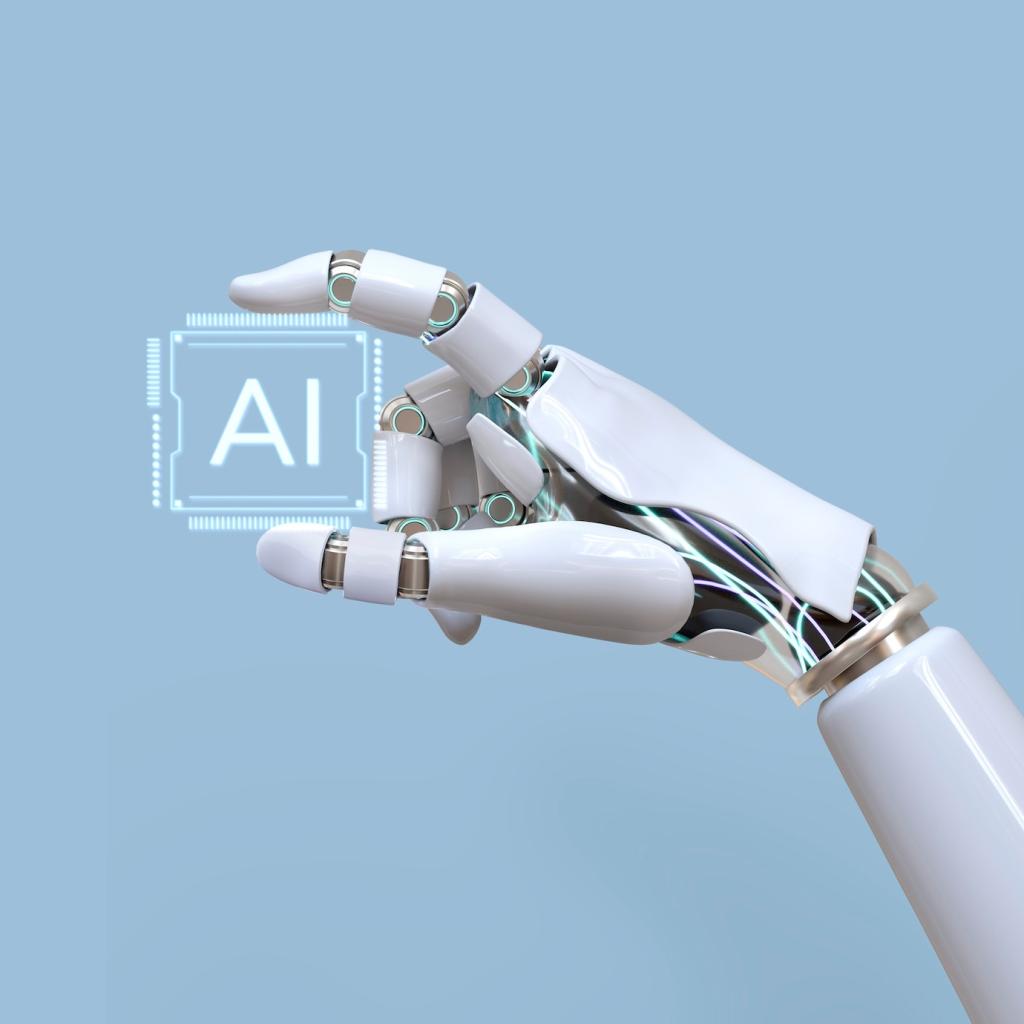
The Role of Artificial Intelligence in Personalized Medicine
Artificial Intelligence (AI) has emerged as a transformative force in healthcare, revolutionizing the landscape of personalized medicine. AI-driven innovations are enabling more precise and effective patient care by leveraging vast amounts of data to tailor treatment plans to individual needs. By analyzing genetic, environmental, and lifestyle factors, AI facilitates the development of highly customized therapies, making healthcare delivery more adaptive and predictive. This shift marks a significant departure from the traditional one-size-fits-all medical approach, ushering in a new era where treatments are fine-tuned to each person’s unique biological profile. In this context, AI is not only optimizing patient outcomes but also streamlining healthcare processes, leading to more efficient and data-informed medical decisions.
AI-Powered Diagnostics and Risk Assessment
Tailoring Treatment Plans with AI


Intelligent Digital Health Assistants

Adaptive Patient Education

